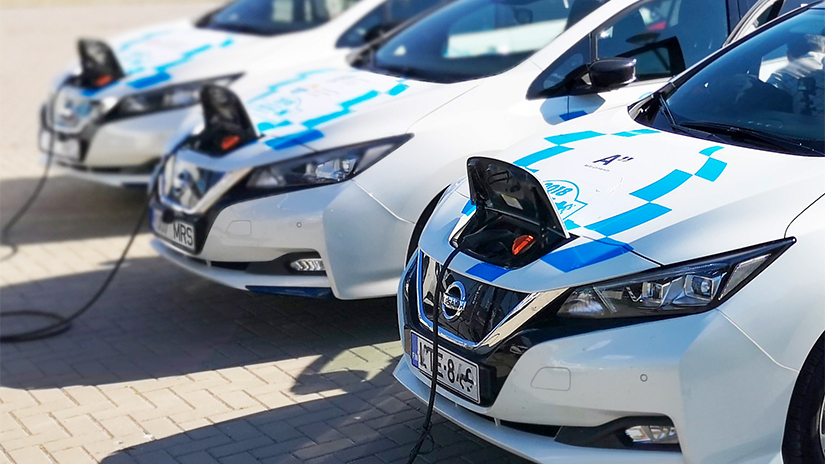
Hybrid and electric vehicles have been on the market for some years now, but have not seen a large uptake in the fleet industry. Depending on your fleet type, you could consider alternative fuel options.
The majority of vehicle manufacturers now have hybrid or electric vehicles in their range and these are slowly becoming a more common sight on South African roads. Alternative fuel vehicles are no longer a novelty, but a reality, and there is little doubt that they will become increasingly popular, even in South Africa.
Whether hybrid and electric solutions are right for your fleet, however, requires a completely different approach than simply looking at the fuel consumption.
Fit for purpose
The golden rule with any fleet is that each vehicle must be fit for its purpose. Whatever your unique fleet requirements, every vehicle must be selected to offer the best performance. This is where hybrid and electric vehicles still fall a little short: many don’t have the range required in most fleet operations, or they require additional infrastructure, such as charging stations, in order to function effectively.
Again, it comes down to purpose. If, for example, you are running a small fleet that doesn’t do high mileage and you have the infrastructure to charge electric vehicles, it could be an option especially if running a hybrid or electric fleet will benefit your business reputation and attract more clients. This is a very niche market, but worth considering.
Looking for insights as to whether your fleet is fit for purpose? Take our fit for purpose survey to gain some insights.
Overall cost
Hybrid and electric vehicles cost more than their traditional fuel-powered counterparts. The reasons include development costs as well as limited production or import into South Africa, which pushes up pricing.
At this stage, it is very difficult for fleet managers to justify the higher price tag as it doesn’t balance out in terms of fuel consumption down the line. Maintenance costs are high as are repair costs, which almost negates any fuel savings when you’re looking at overall fleet expenses.
Risk factor
A large part of effective fleet management is mitigating the risk of downtime, expensive repairs, and accidents. Hybrid and electric vehicles have not been ‘tried and tested’ in large fleet operations yet, specifically in South Africa. Fleet managers don’t want to run the risk that a vehicle might run out of charge and be left stranded. They don’t want to take the risk of possible expensive repairs should the vehicles not perform as well as they are expected to.
There are still plenty of unknown risks and many fleet managers are, understandably, not willing to take on these risks in their own fleet budget. They’re waiting to see how the uptake and infrastructure around hybrid and electric vehicles develops before considering adding these vehicles to a hardworking fleet.
Electricity sources
A final consideration is the source of electricity in South Africa. Fleet managers who really want to run an environmentally friendly fleet will know that our local power generation is considered one of the ‘dirtiest’ in the world. Running an efficient petrol vehicle will likely have a smaller carbon footprint in South Africa than running an electric vehicle.
As mentioned, the addition of hybrid or electric vehicles to your fleet is an option, but it will only make sense if these vehicles really suit your fleet and offer your improved efficiency in the long run.
Subscribe to our industry insights to help you keep on top of trends in the fleet industry.

